
Sustainability spotlight: Our Top 10 Sustainability stories from the past year
Here are our top 10 sustainability stories of 2025, spanning corporate strategy, upcycling innovation and the practical challenges facing the food and beverage industry
News & Analysis on Food & Beverage Development & Technology

Here are our top 10 sustainability stories of 2025, spanning corporate strategy, upcycling innovation and the practical challenges facing the food and beverage industry

India’s new alcohol regulations include mandatory labelling and expanded category definitions, signalling greater consumer transparency and flexibility for producers
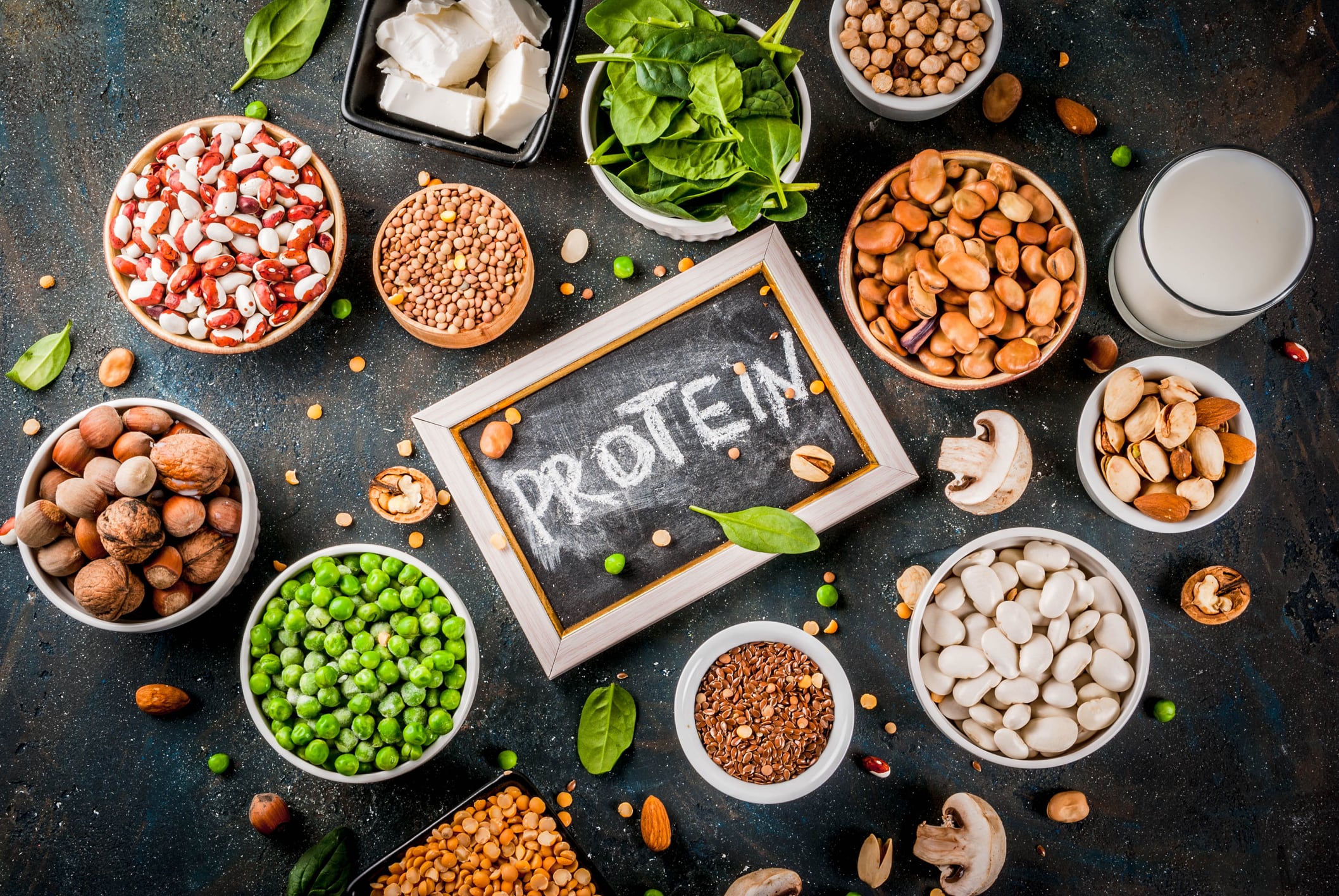
From mung bean snacks to microalgae desserts, familiar and healthier formats are emerging as key levers to help alternative protein firms scale

Australian heritage brand Brown Brothers focuses on sustainable convenience with its novel aluminium prosecco bottle
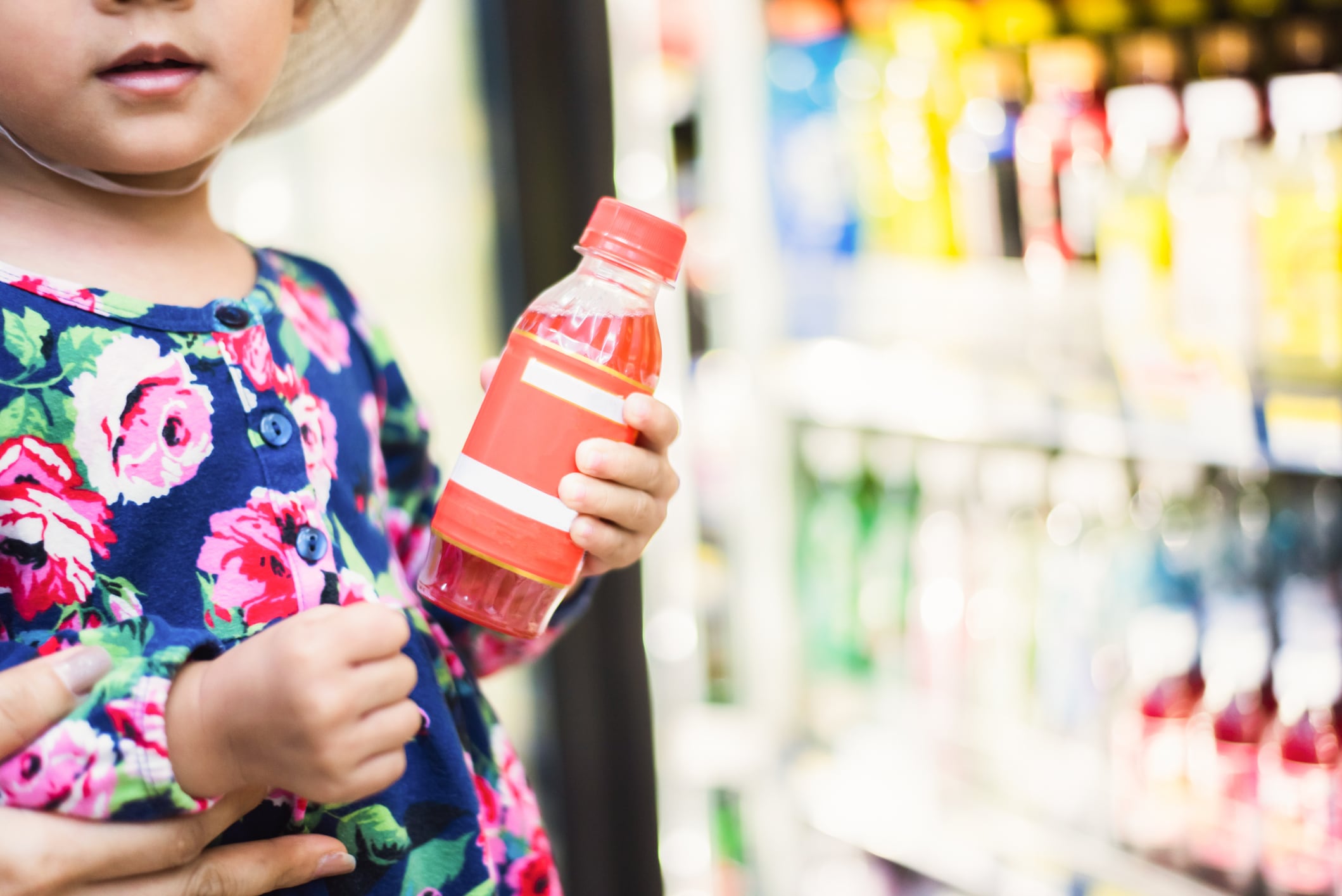
As obesity rates climb, experts focus on packaging as a strong influence on children’s choices – both as a risk factor and a tool to promote healthier diets

Brands are embracing connected packaging, using youth-focused, gamified strategies in Asia Pacific and the Middle East

Upcycling, eco-friendly packaging and more feature in this edition of Sustainability Snippets

Sustainable Protein grant, cell-cultured cocoa and more feature in this edition of Science Shorts

From Modi’s anti-obesity campaign to regulatory news and start-up innovations, we feature the top 10 most-read India stories from the past year

As climate, disease and regulation strain global cocoa supply, manufacturers are turning to low‑cocoa and cocoa‑free innovations to protect margins and future-proof their portfolios
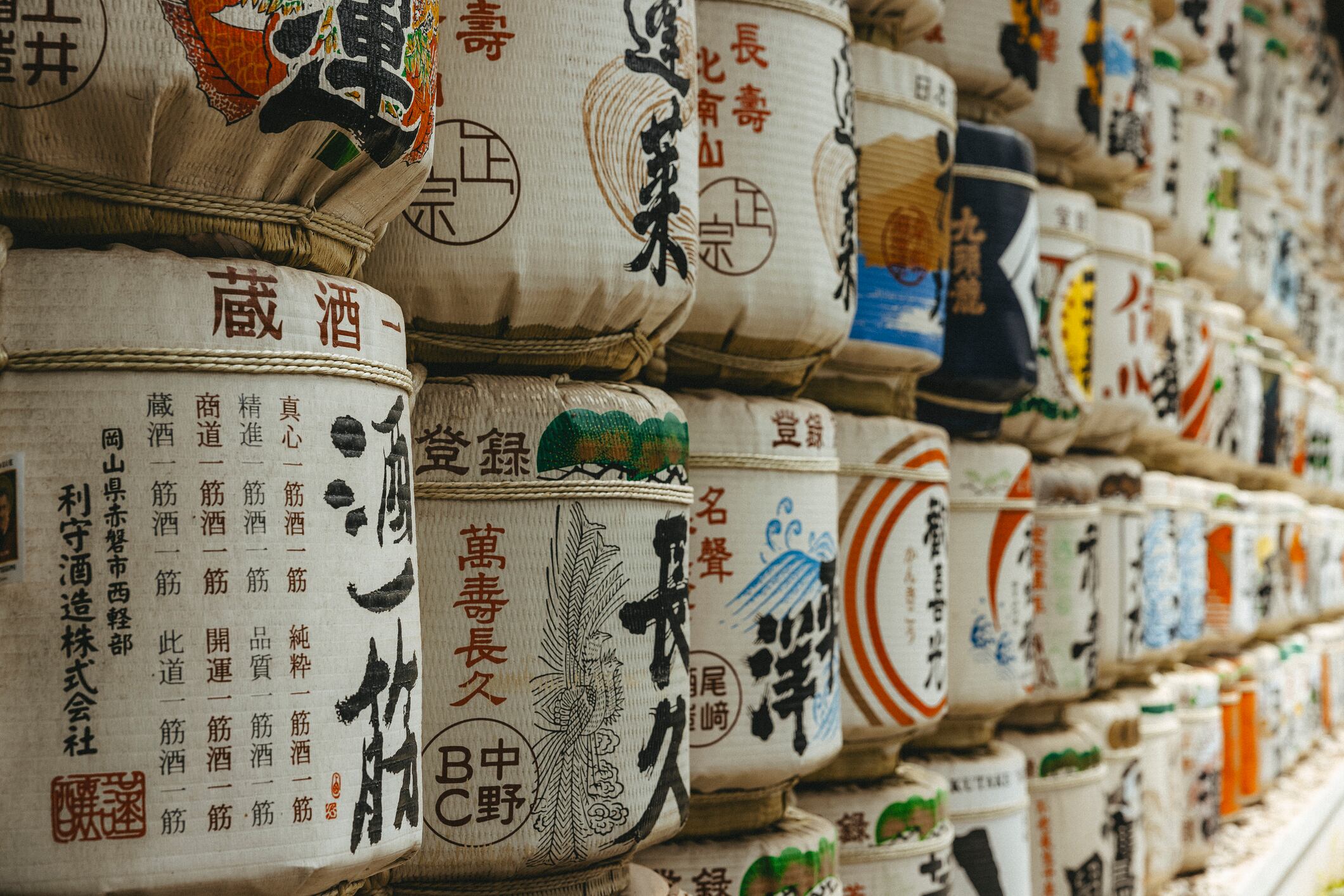
Here are our top 10 most popular stories from the Land of the Rising Sun, including big brand innovations, regulatory changes, regional food trade initiatives, and more

PepsiCo AI start-up winner, cell-cultured cocoa and more feature in this edition of Science Shorts
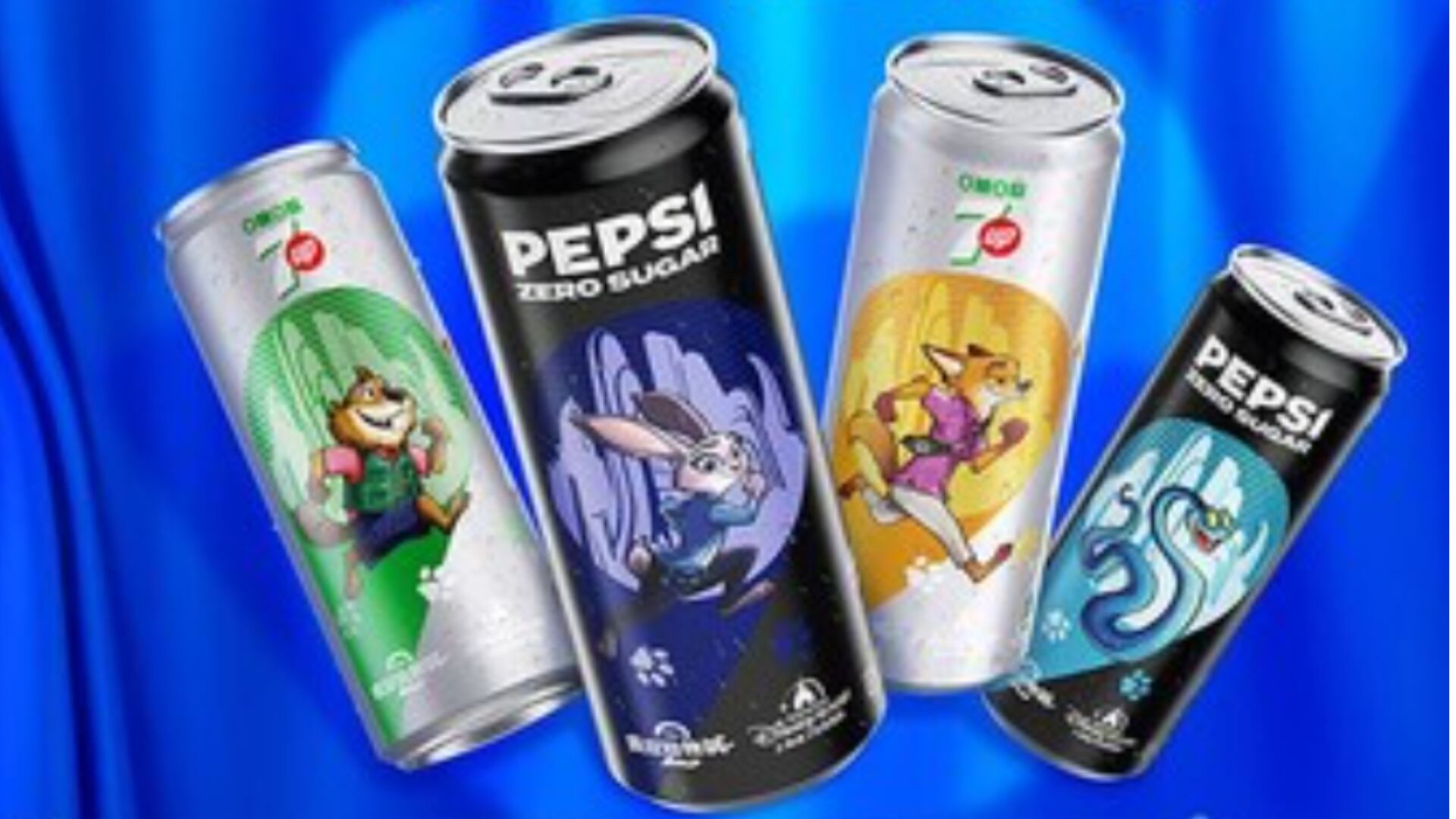
Pepsico launches zero-sugar beverages in limited edition Zootopia cans across China, after claiming victory over zero-sugar Coke in the 2025 Pepsi Challenge

See our top 10 most-read science, research and technology stories from this year, featuring ‘Nobel Prize-worthy’ theabrownin, Meiji protein study, cell-cultured coffee and more
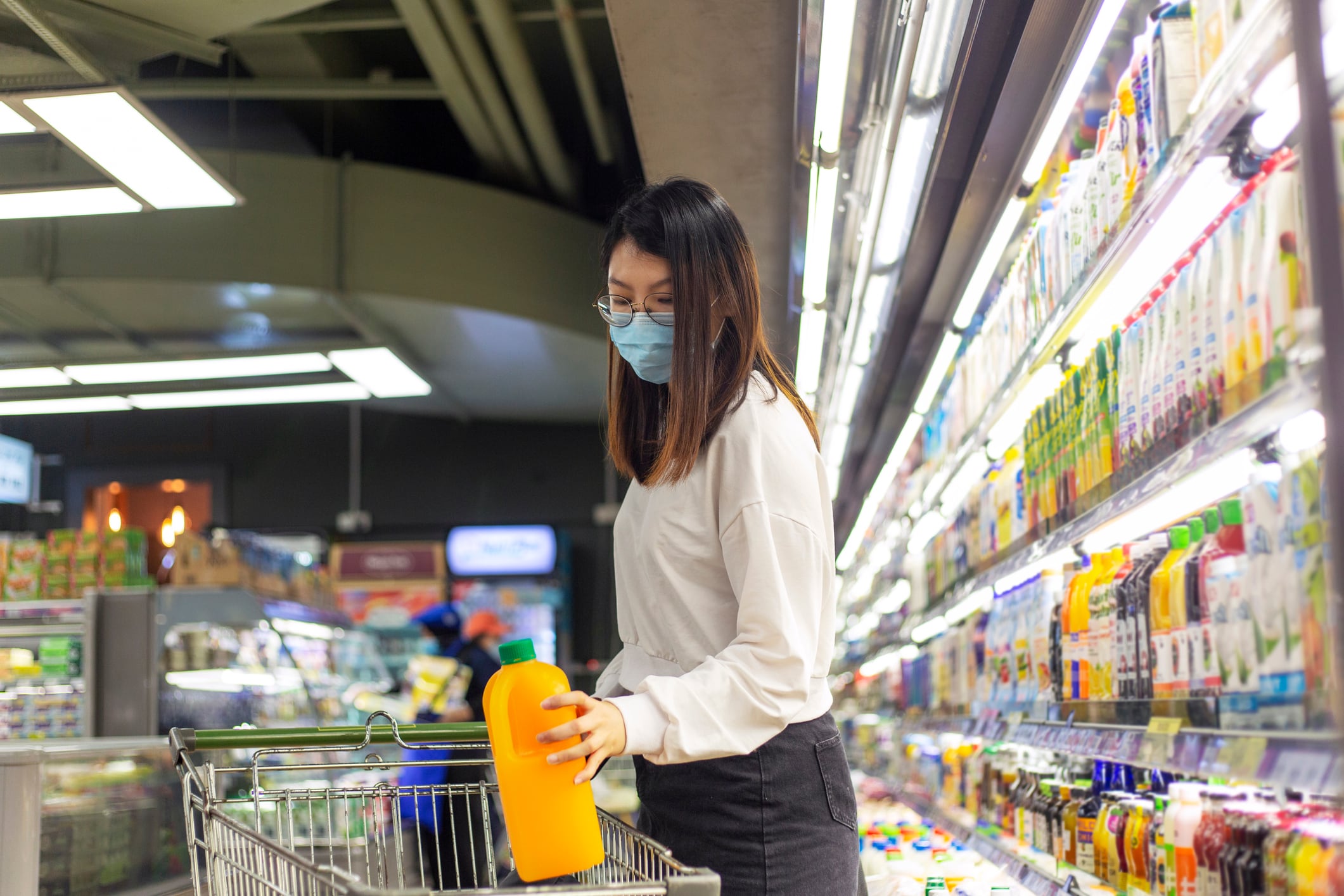
Here are our top 10 packaging stories featuring thermal strips on wine bottles, regulatory updates, sustainability challenges, and more
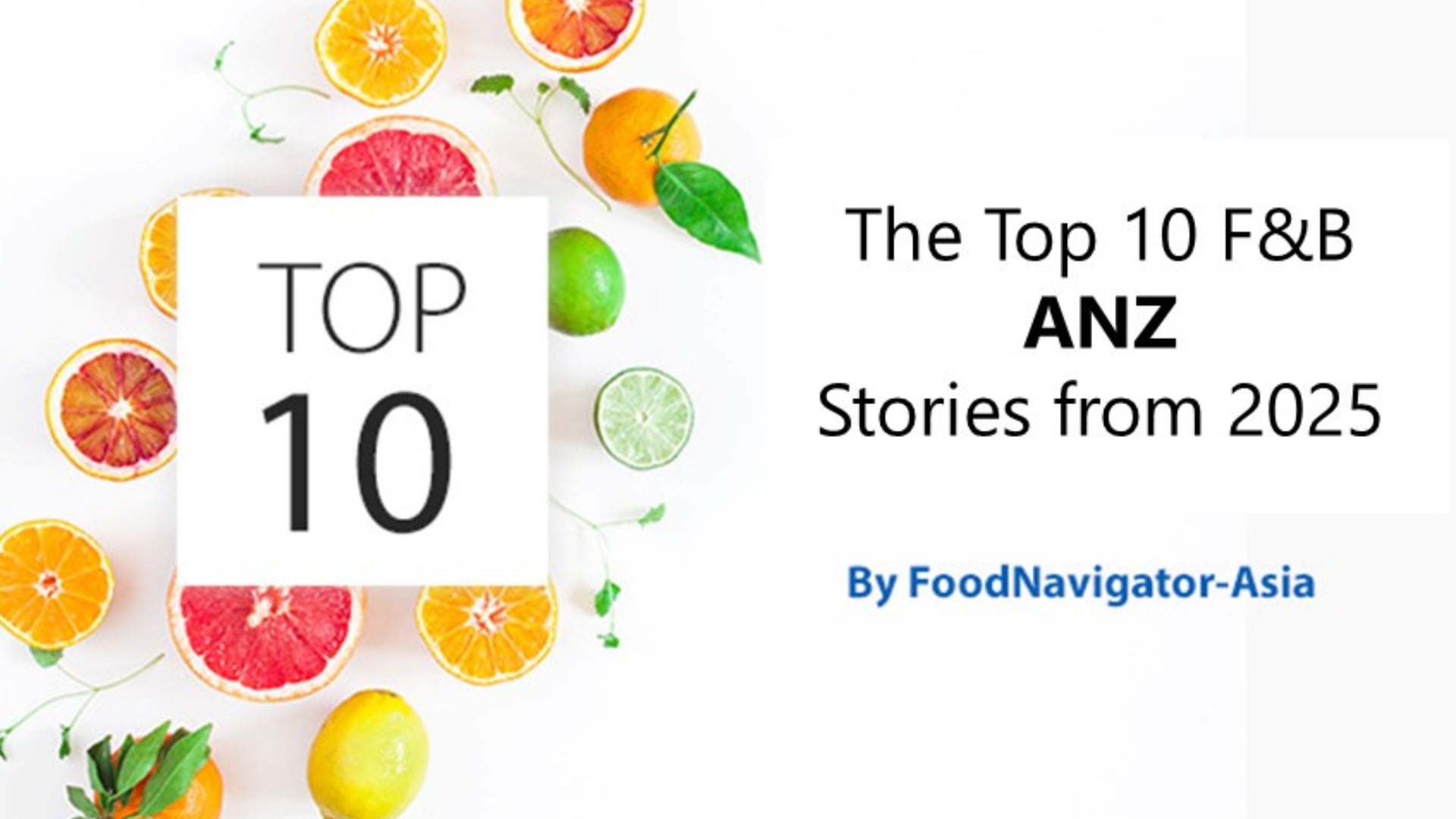
Here are our top 10 ANZ stories this year, with a spotlight on healthier and sustainable innovations, alternative proteins, regulatory updates, and more

The reigning APAC champion of PepsiCo’s Greenhouse Accelerator (GHAC), Beijing AIForce, has revealed major plans to expand across the region after taking home the main prize

Singapore-based Mottainai has created a brownie-flavoured lager in its journey towards upcycled products for wider commercial use
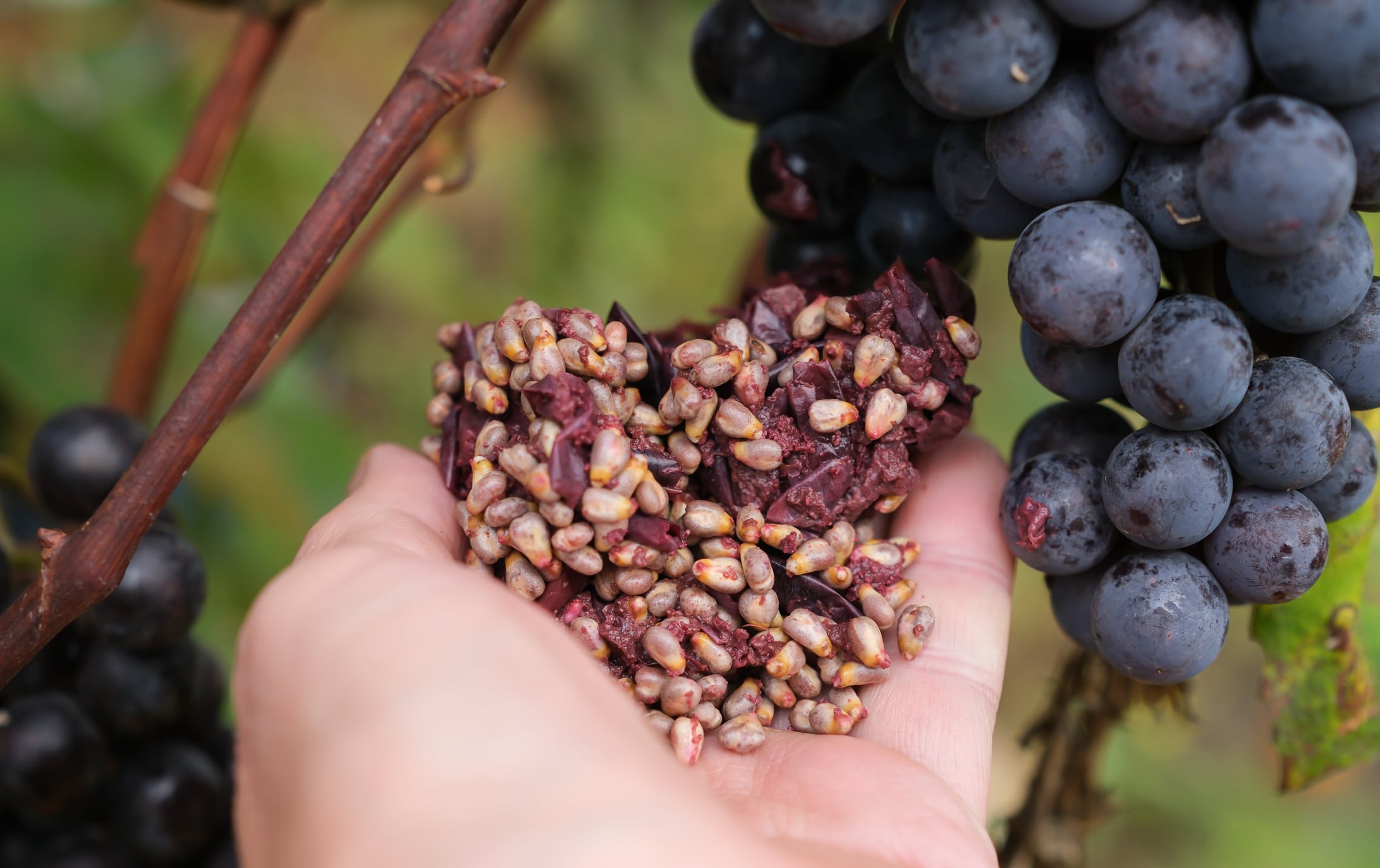
Research from China has found upcycled grape pomace from winemaking can add antioxidants, fibre, colour and texture to foods, offering health and sustainability benefits

GLP-1 users are rewriting the rules of appetite, texture and indulgence. Tate & Lyle’s latest research shows exactly where producers are missing the moment
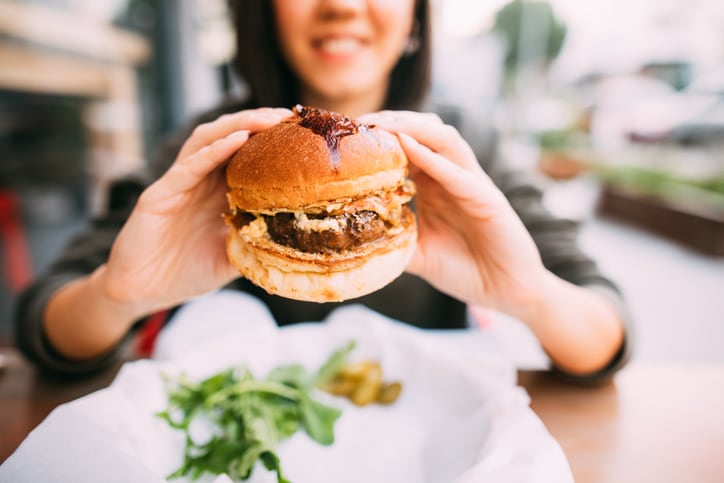
Rising consumption of Western-style diets in Korea is raising gender-based heart health concerns in adults, based on data from a 16-year study

The next wave of food tech is boosting production through innovation, efficiency and lessons from the past. Explore 3 key technologies – and pitfalls to avoid
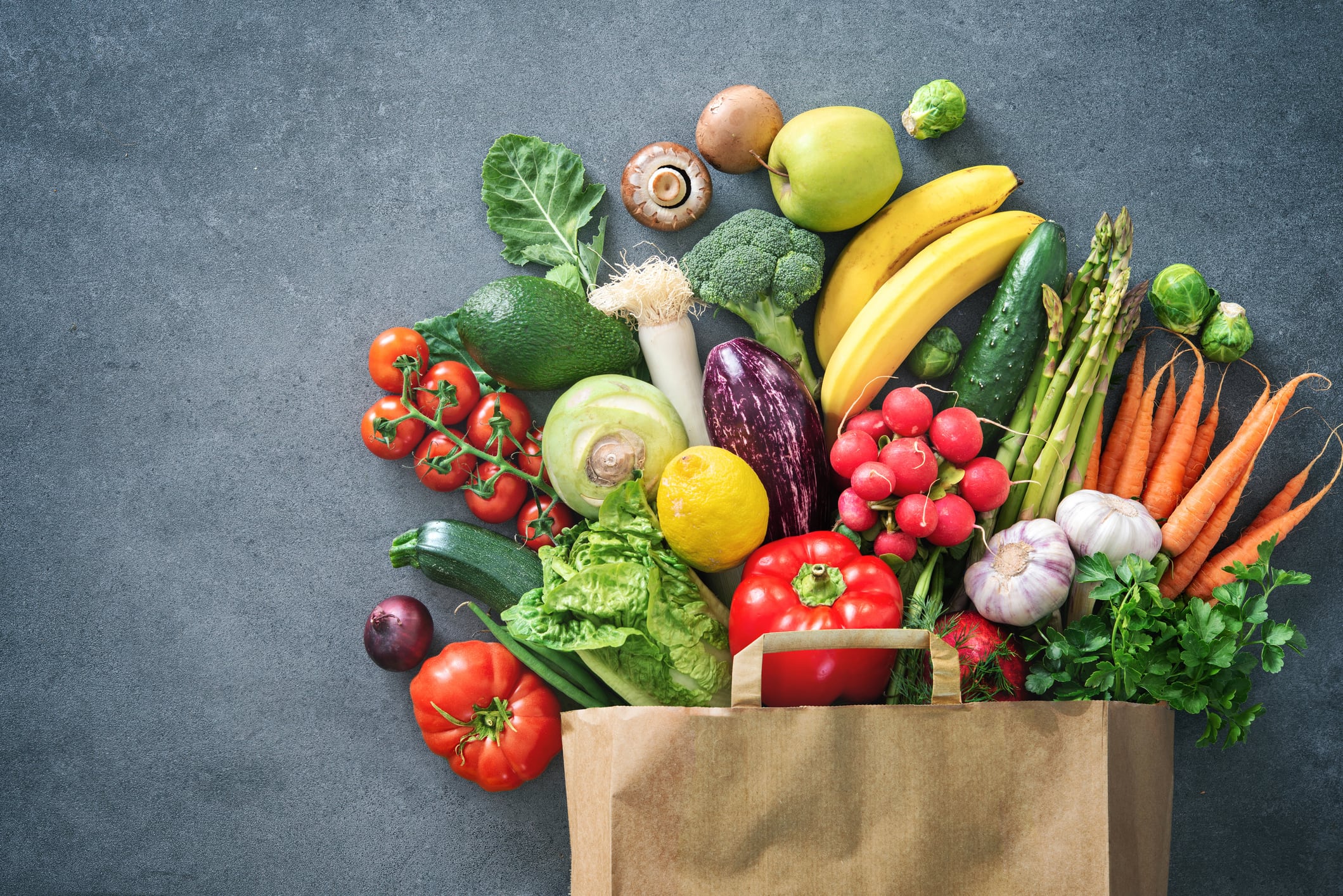
Most Japanese adults are not meeting recommended fruit and vegetable needs, and new data indicates this issue will worsen in the long-term without intervention
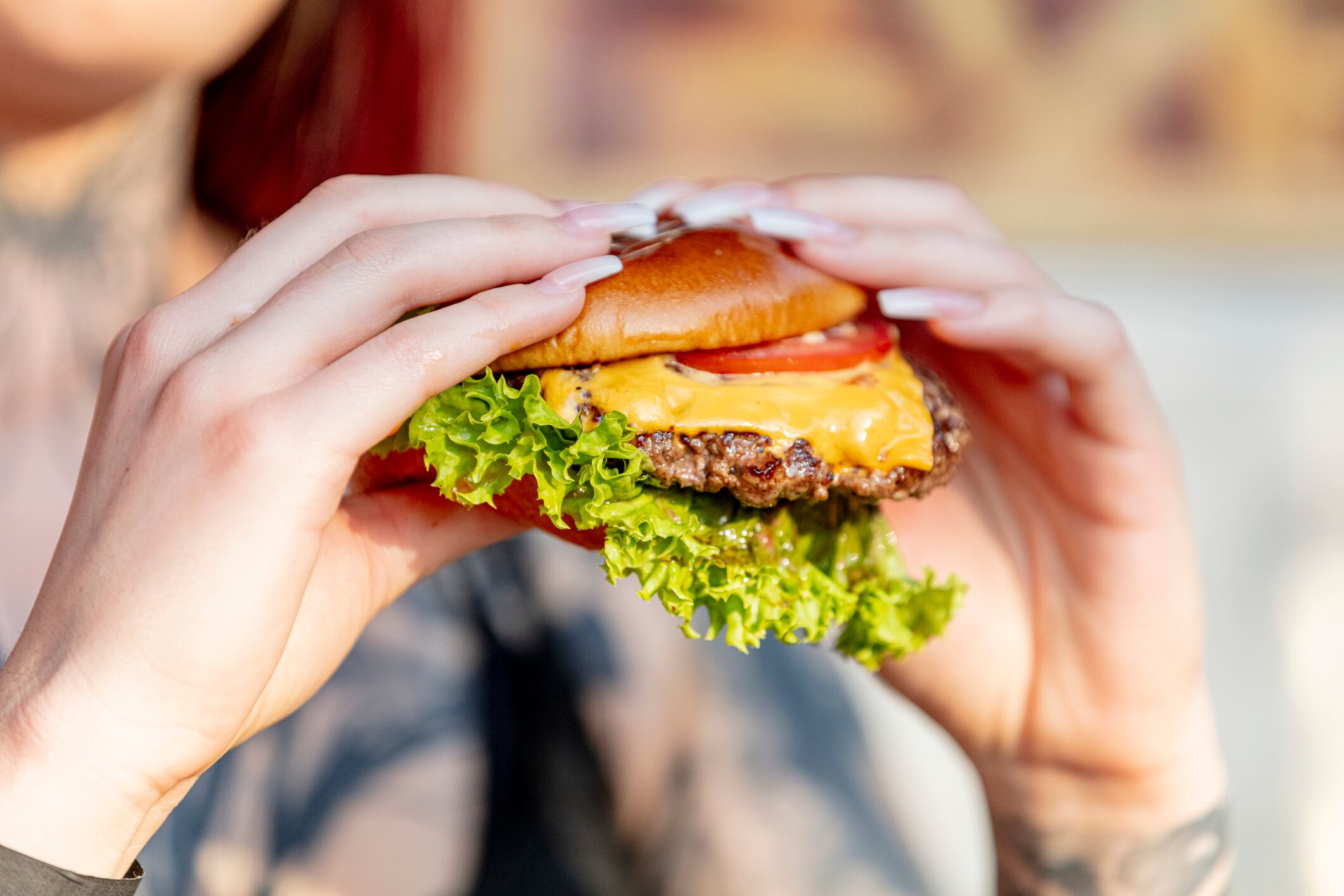
Ultra-processed diets aren’t equally dominant worldwide - but in some countries, they’re rising fast

Halal food trade faces challenges in regional, much less global, standardisation – experts outline three key steps to move toward a unified system

Precision fermentation, AI in UAE food and more feature in this edition of Science Shorts
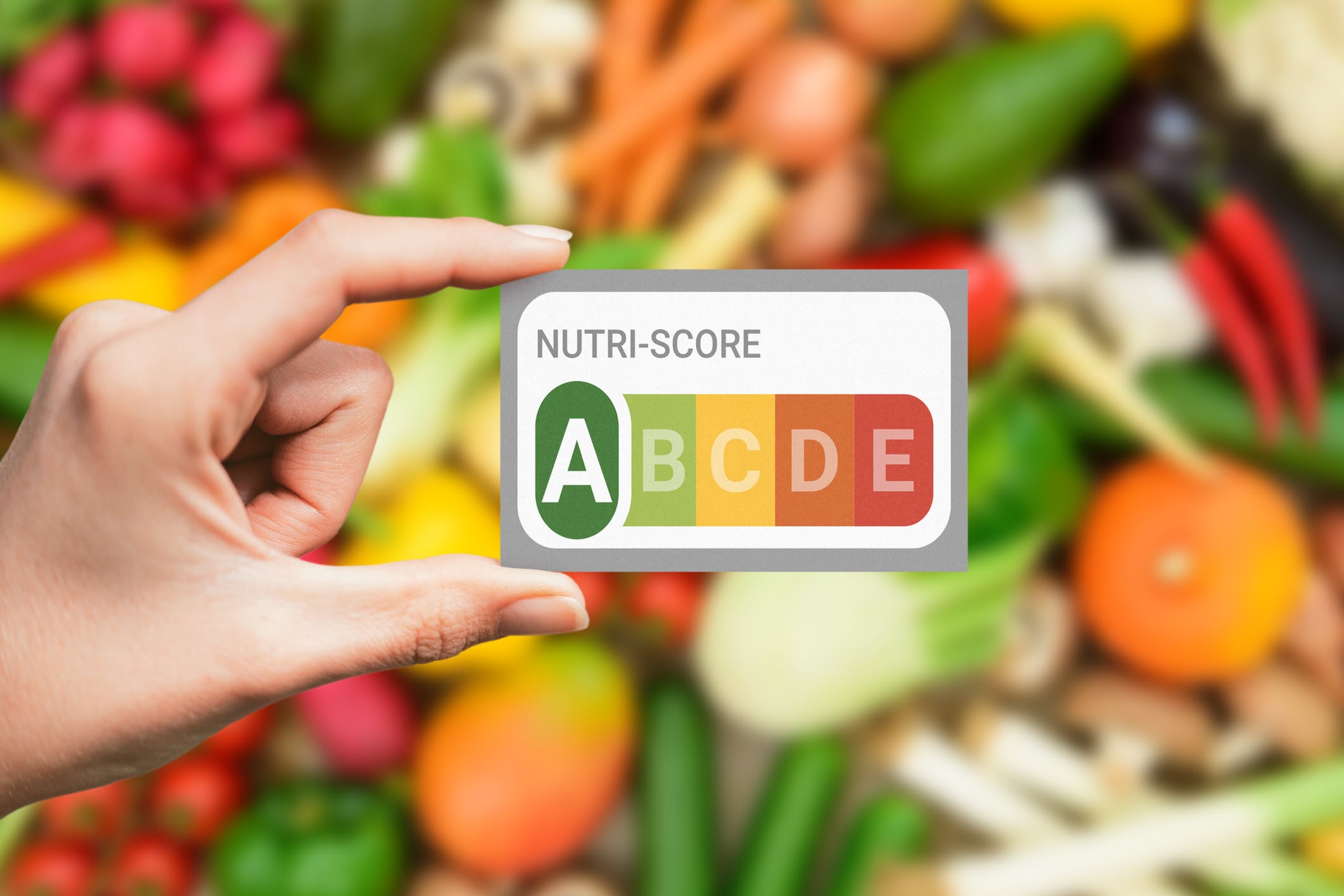
Nutri-Score has outperformed other internationally recognised labelling systems in a Saudi context, a new study has confirmed

Japan’s Fair Price Project urges consumer empathy and awareness as food producers face rising costs, in hopes of ensuring food supply sustainability

AI and cloud tech are transforming the UAE food industry amid government initiatives to modernise operations, reduce costs, and enhance supply chain efficiency
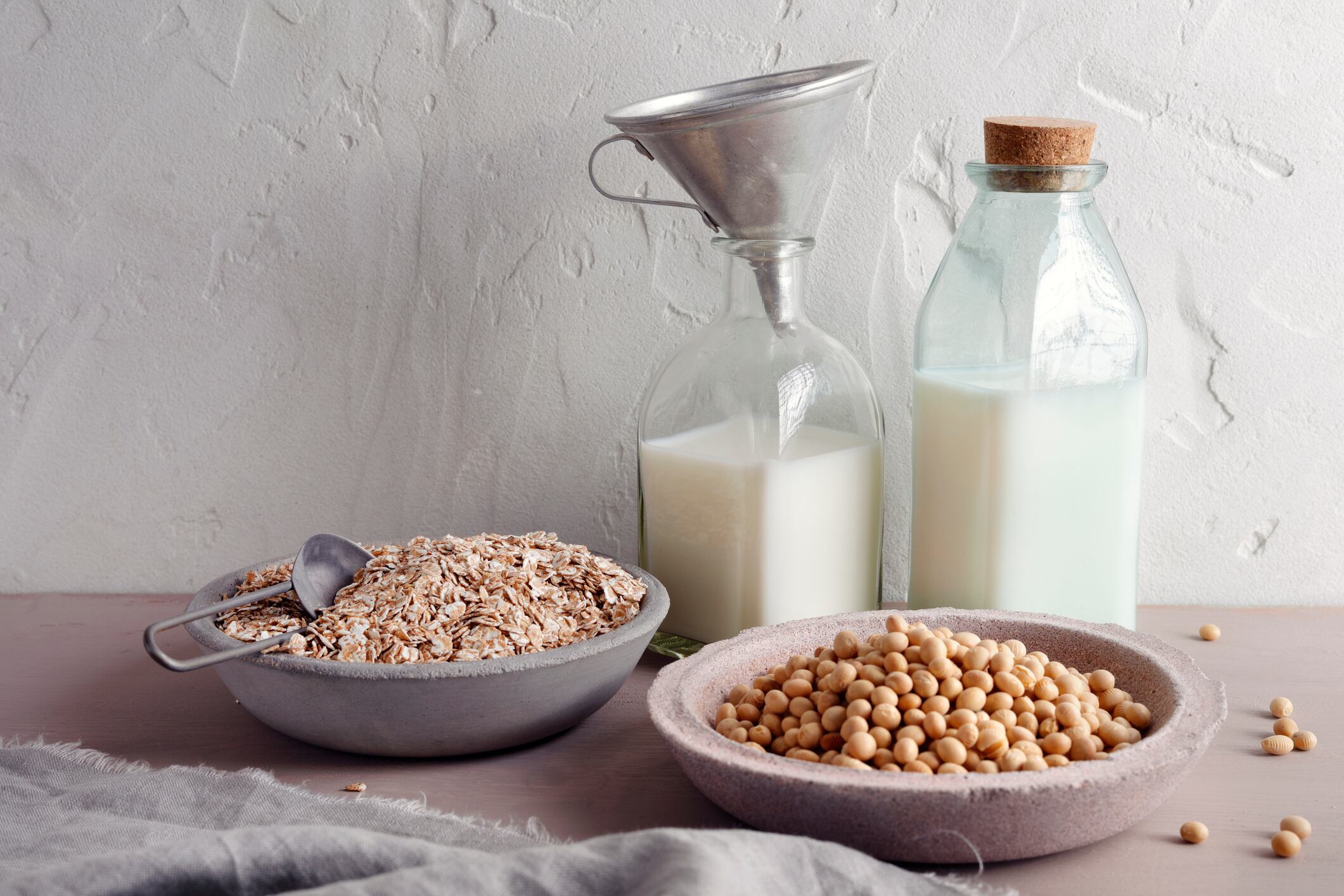
Barista oat drinks, fibre-rich soy, and functional carton formats are some of the ways to support healthier, convenient, and sustainable product launches
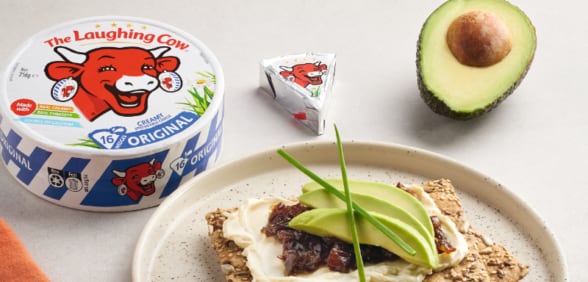
APAC Agri-food Innovation Summit
Dairy heavyweight Bel Group is exploring precision fermentation as a strategy to reshape dairy production and meet evolving protein needs

Bread’s reputation has had a rough ride, but enzymes, fiber and a clearer story about nutrition could help bring it back into favor
PepsiCo’s Greenhouse Accelerator (GHAC) APAC is driving agri-food innovation, with start-ups in the region piloting solutions alongside PepsiCo and key partners
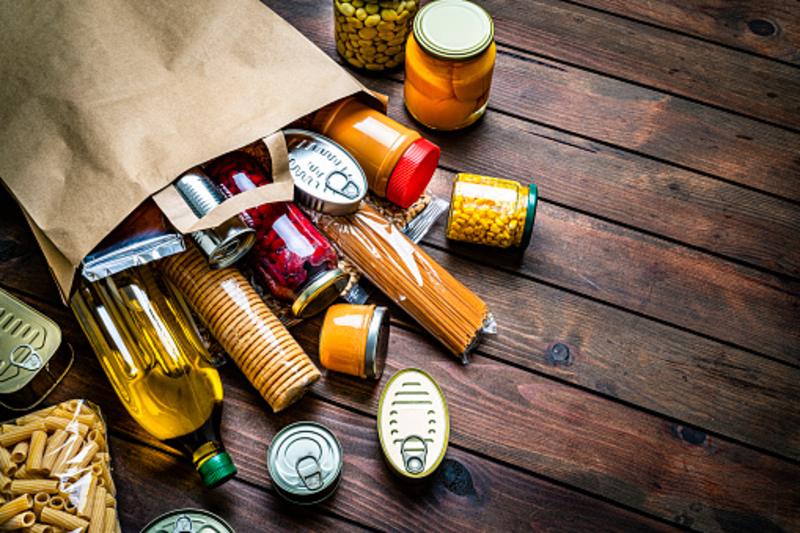
New ginseng formats, global-focused cans and more feature in this edition of Packaging Happenings
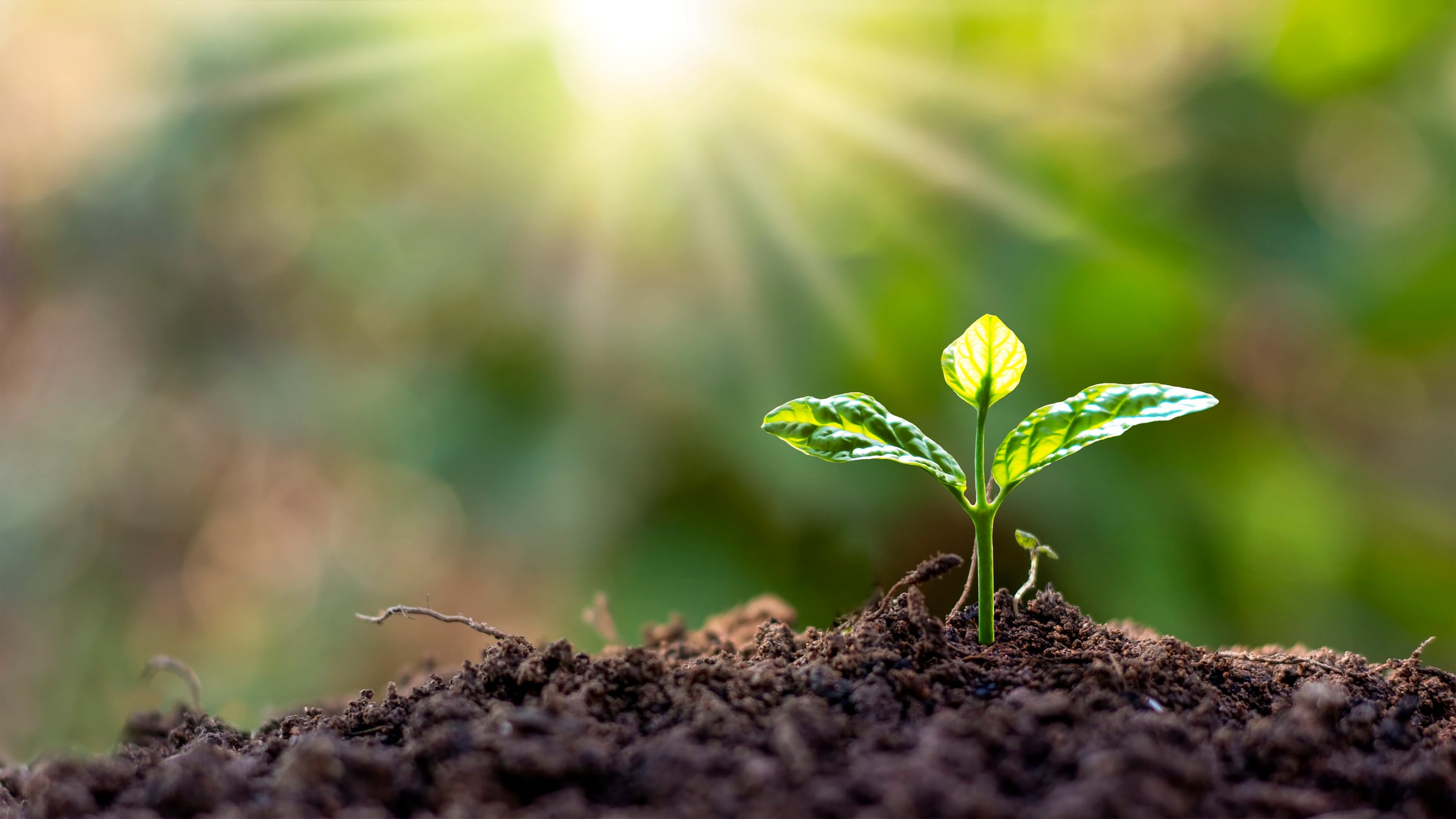
Creativity and functionality are key to driving eco-friendly packaging amid regulatory shifts in Asia

Uncle Saba’s Poppadoms opens up about the realities of environmental sustainability – and why being honest about limitations is just as vital as celebrating progress

Fi Asia 2025
AI is driving food innovation and marketing strategies – here are four major ways experts at Fi Asia 2025 say it is shaping production and improving relevance

Mars Wrigley will invest US$2M yearly to cut emissions, using rice husks and coconut shells to power its key SEA gum hub in the Philippines
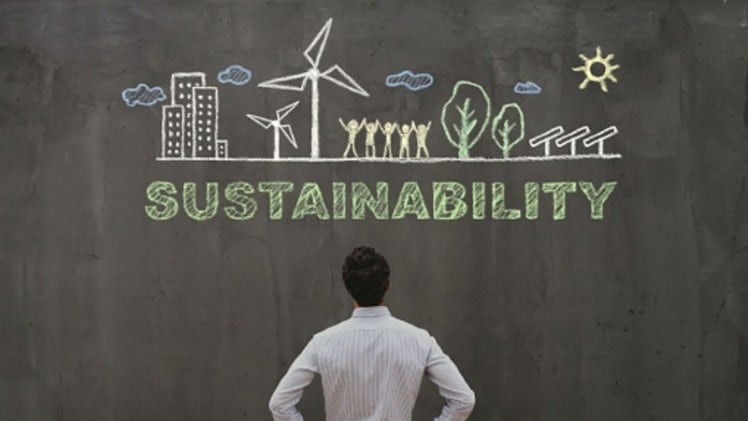
Leaf protein, Sustainable September, blended proteins and more feature in this edition of Sustainability Snippets

As the need for alternatives becomes clearer, sustainability fades into the background

Freeze-dried tech, Global Food Tech Awards APAC and more feature in this edition of Science Shorts
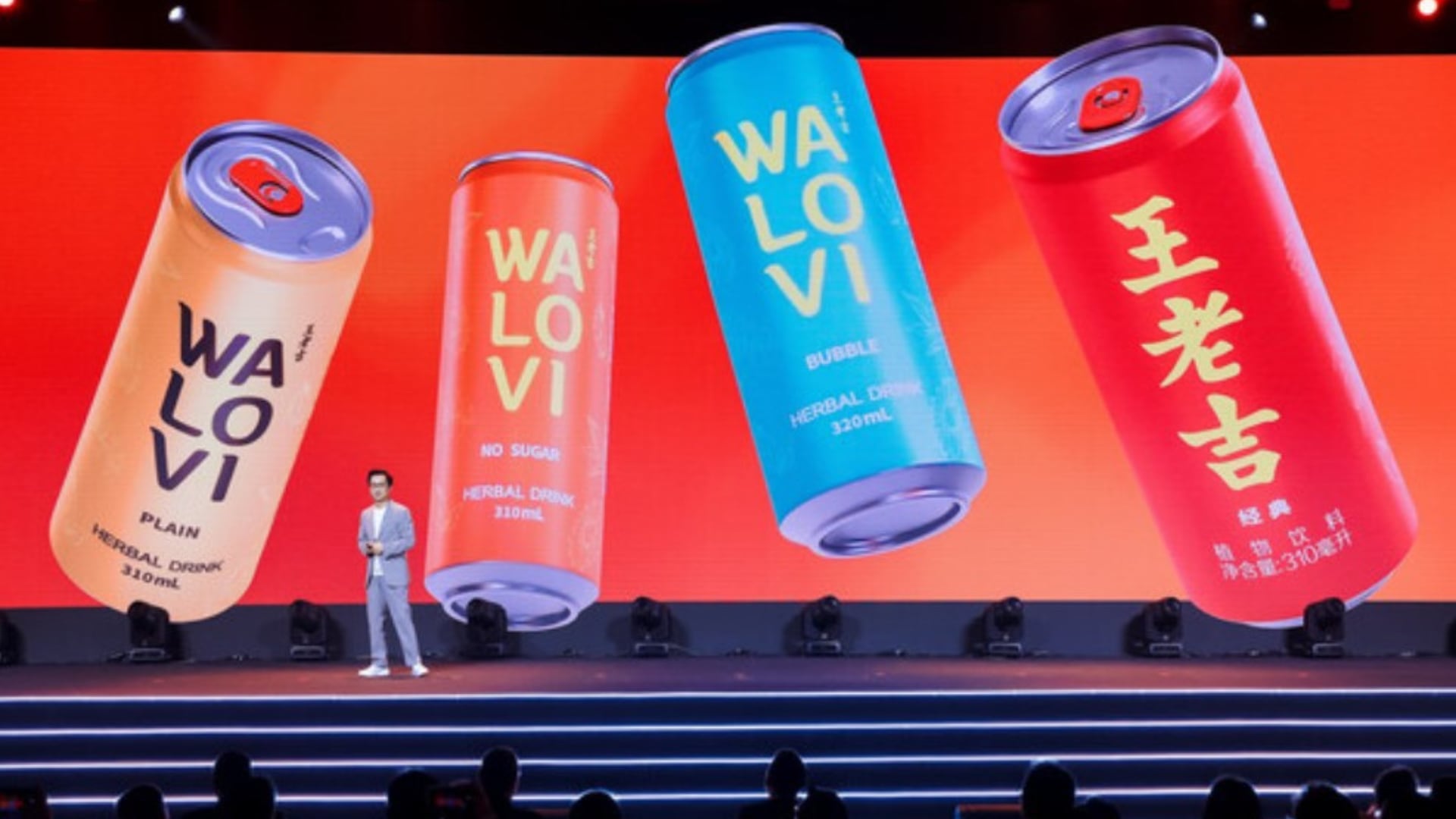
China herbal tea brand WALOVI launches new cans for sparkling and sugar-free formats, gears up for global rollout with marketing and distribution partners
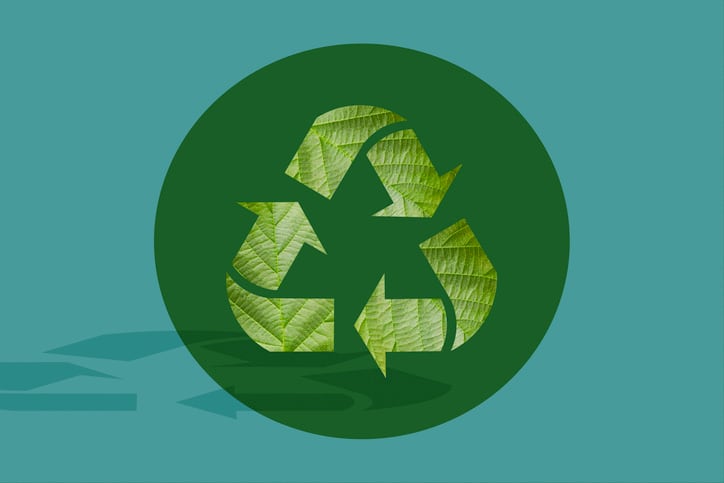
Sustainable September
From energy efficiencies to refillable packaging, how is the beverage industry working towards a circular economy?
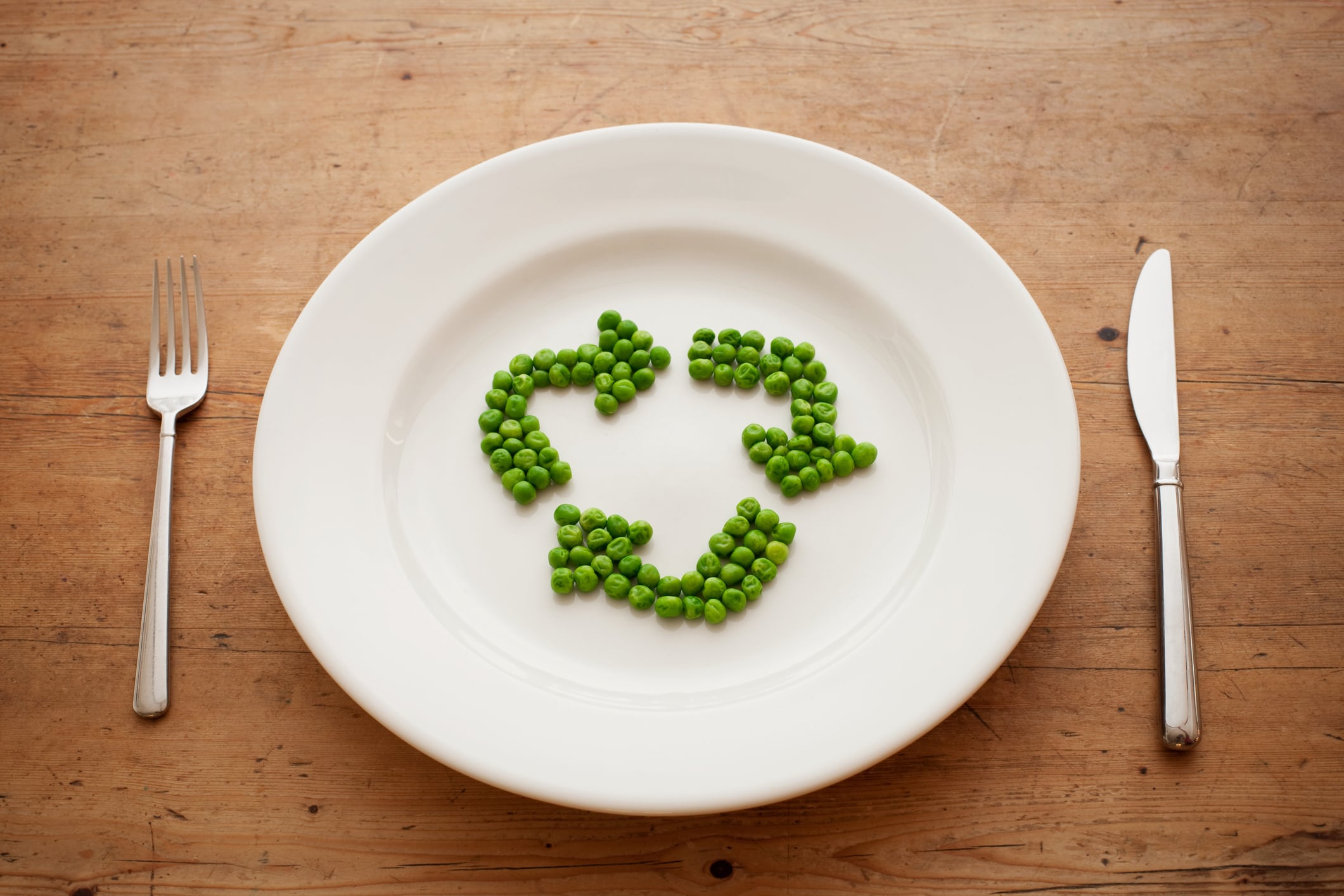
Food tech firm Mottainai made its soy-based meat with public health in mind – a tenet that guides its food safety and nutrition policy to build consumer trust
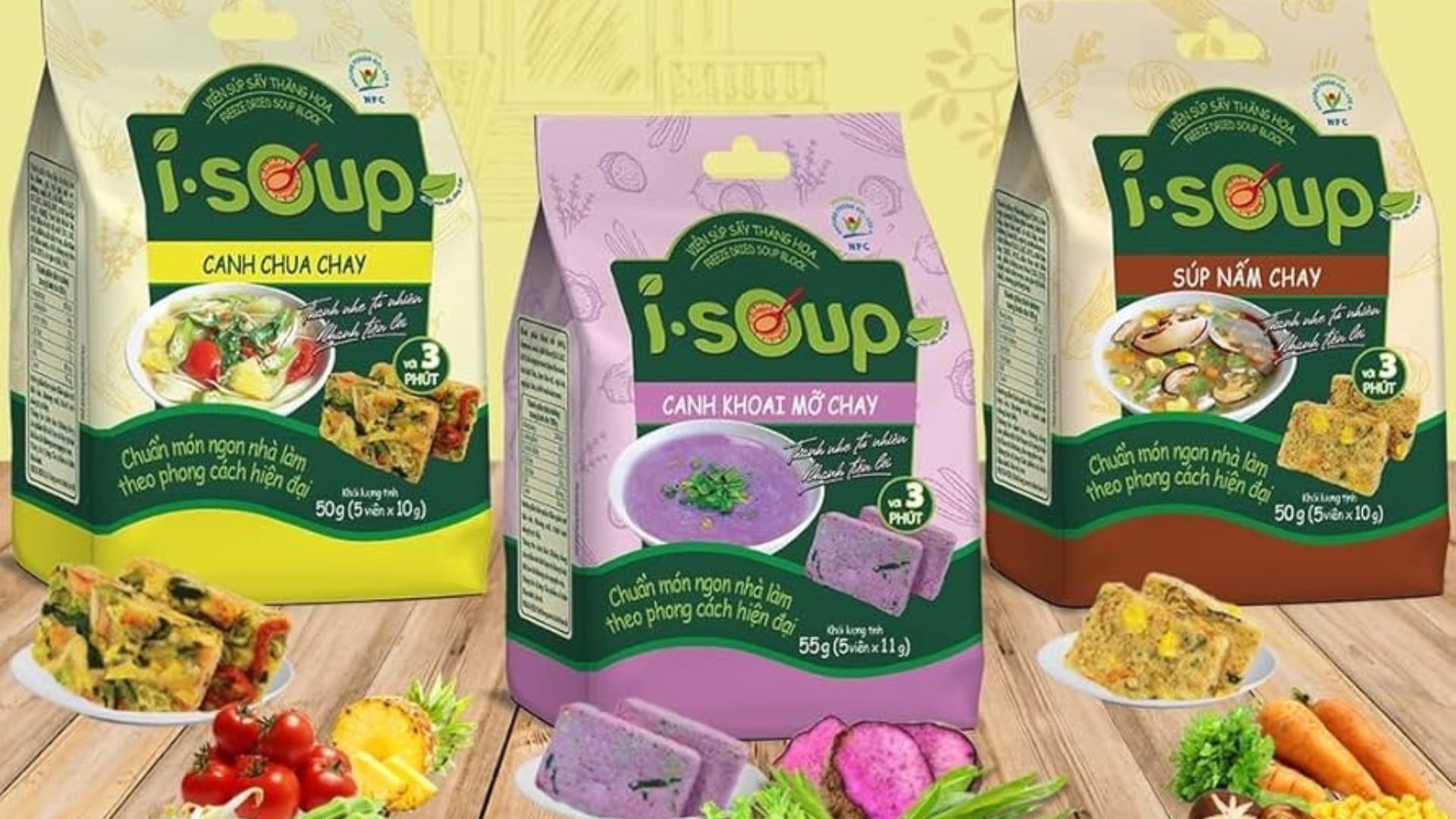
Vietnam’s Nature Foods Company (NFC) taps APAC’s ready-to-eat (RTE) food demand with freeze-drying tech that delivers safety, nutrition, and clean-label appeal

After years of negotiations, no global regulations to tackle plastic pollution have been agreed
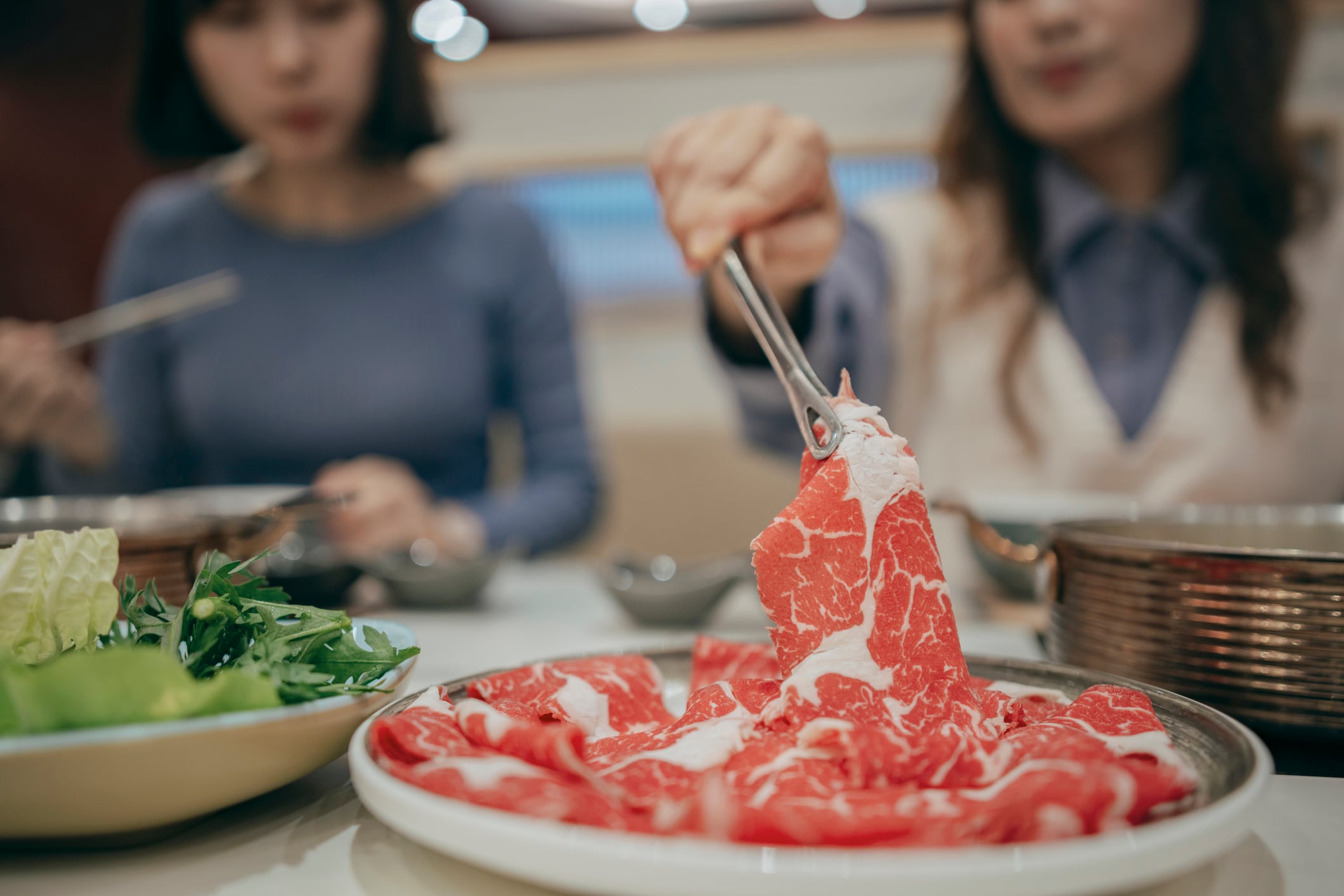
A specialised beef brand incubation platform is in the works in China, aiming to develop new means to meet rising local beef demand
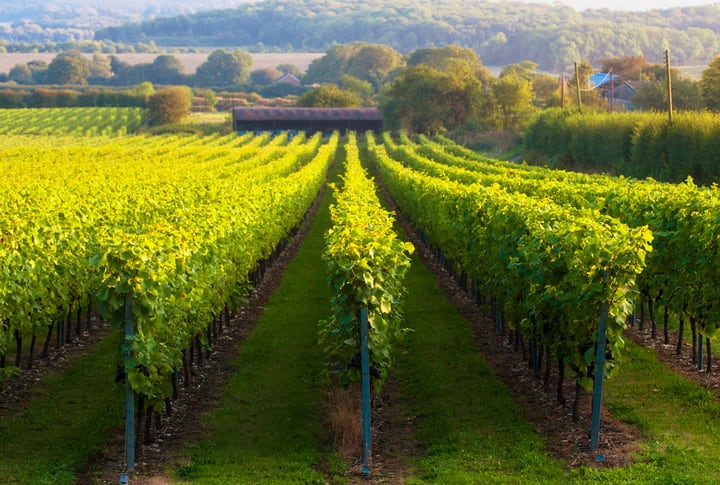
Old grapevine canes could be converted into a plastic-like film that is stronger than traditional plastic and decomposes quickly
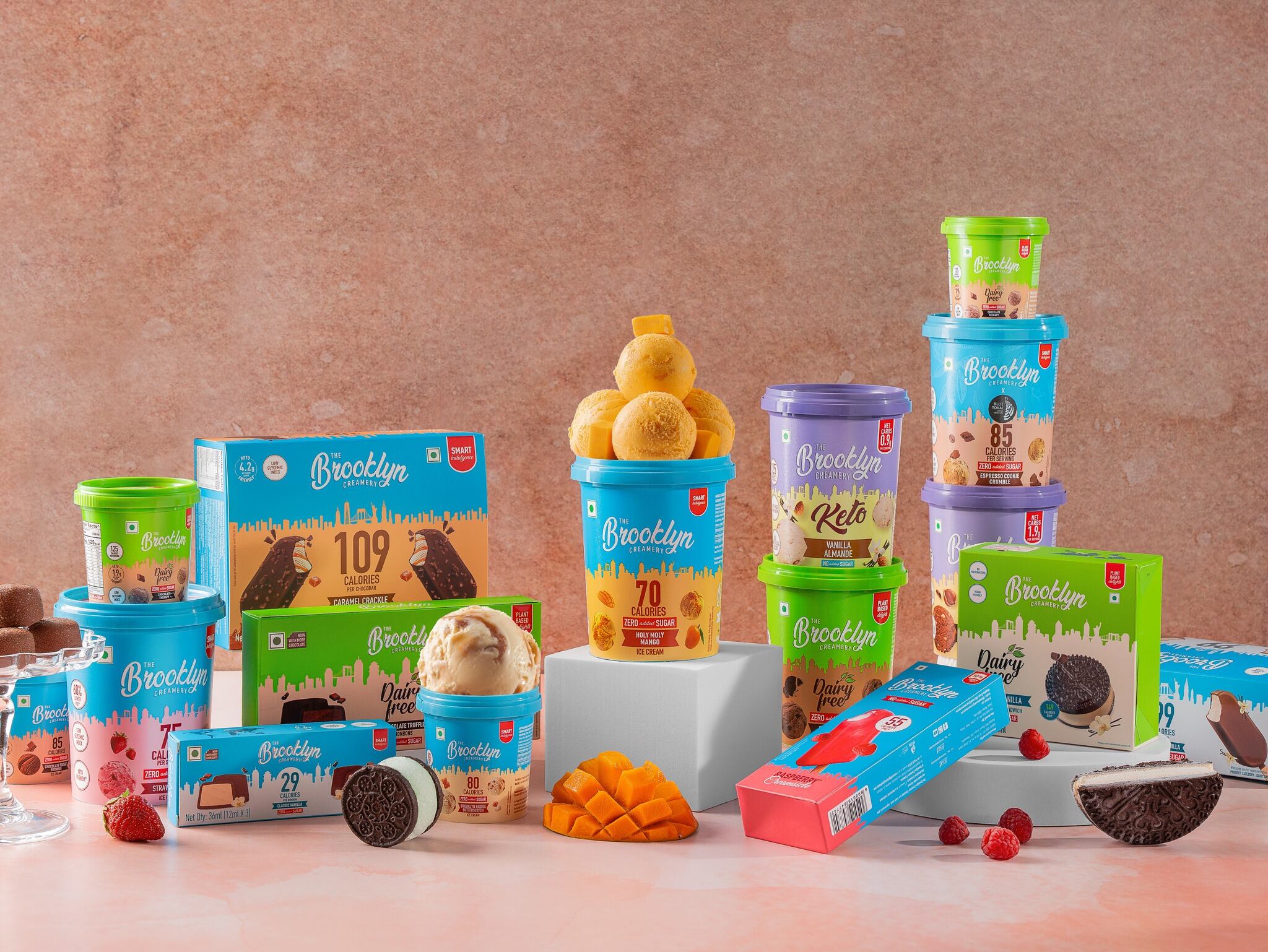
Cold-chain innovation by Brooklyn Creamery has powered frozen dessert delivery in challenging markets such as India and UAE

今回のサステナビリティ スニペッツでは、CP Foods、食品安全の難問などを取り上げて います。